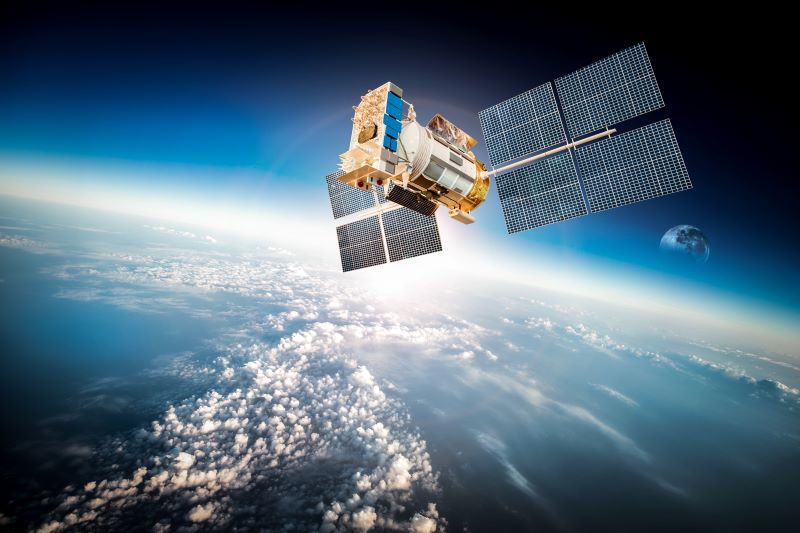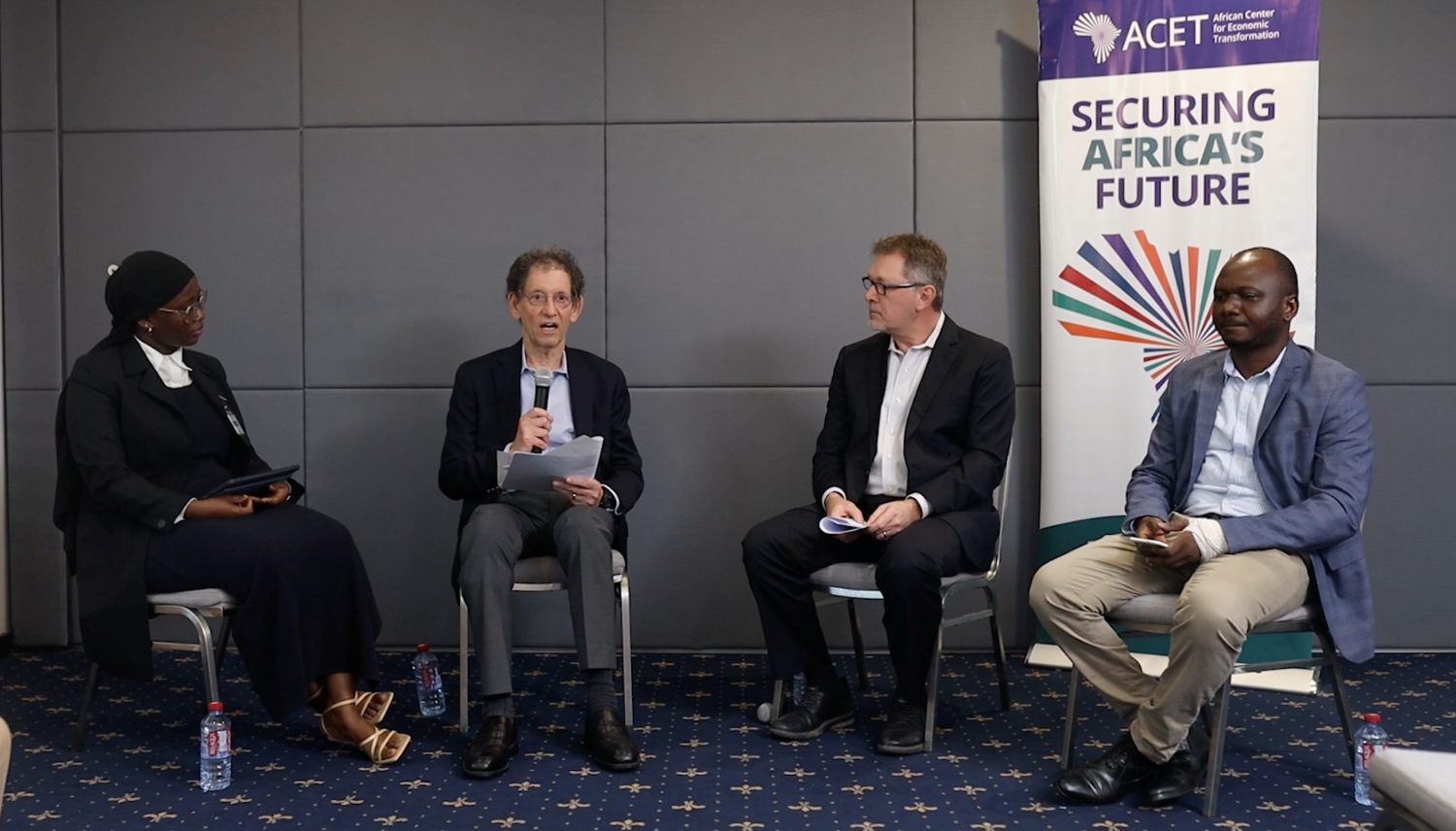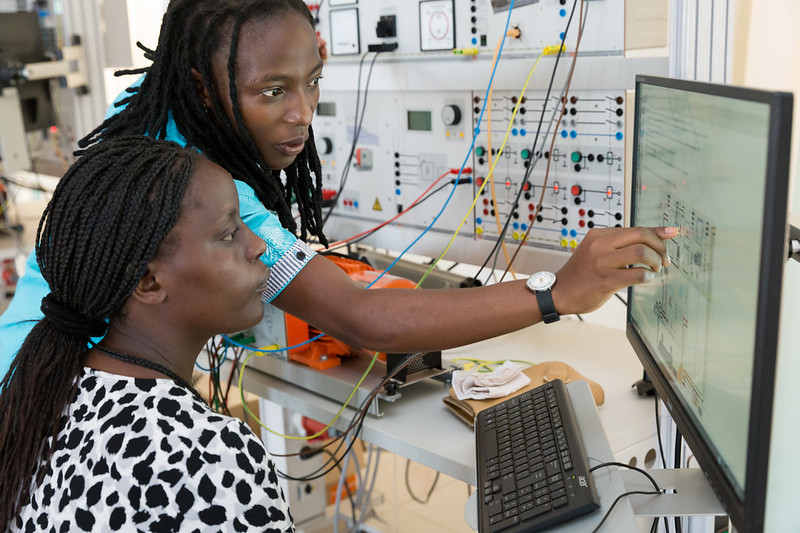Russia is disabling Ukraine’s telecommunications infrastructure using cyber and kinetic attacks, sabotage, and by crippling other critical infrastructure such as power. This has resulted in a significant drop in internet access in Ukraine.
Traditional telecommunications infrastructure has obviously been on Russia’s target list from the start, but new technology, such as “non-geostationary” (NGSO) communications satellites and brief-case-sized, low power, portable receivers (aka terminals), represent a new challenge for Russia. In January, Dmitry Rogozin, head of Russia’s space agency, Roscosmos, acknowledged that SpaceX’s new constellation, Starlink, could send content to the people of Russia, and “Russia couldn’t protect its internet against it.” Ukraine, looking to counteract Russia’s interference, evidently came to the same conclusion, and sent a tweet directly to Elon Musk asking for help. Musk, unable to resist such a flattering appeal, immediately acted, announcing less than 24 hours later, “Starlink service is now active in Ukraine, more terminals in route.” Mykhailo Fedorov, the Vice Prime Minister of Ukraine and “Minister of Digital Transformation” tweeted a picture of the terminals with a succinct, “Starlink – here.” The mechanics of shipping brief-case-sized Starlink terminals into Ukraine, making sure Starlink satellites can relay signals to the nearest “Gateway” (Earth station with access to the internet), and Ukraine providing lightening-speed “wartime” authorization for a new international internet service provider (ISP), will make for an interesting story in the days and weeks to come. Hints of fast diplomatic coordination are also making it onto Twitter: Mr Fedorov thanked the US and the Ukrainian Ambassador in the US for “swift decisions related to authorization and certification that allowed us to activate the Starlink in Ukraine.”
Following international condemnation of Russia’s attack on Ukraine, most would agree any action supporting Ukraine’s access to information and communication is welcome, and in this case looks like it has active support by both the U.S. and Ukrainian governments.
There are some overarching governance concerns, however. SpaceX’s delivery of terminals is an example of an increasingly empowered private sector acting directly and sometimes independently in international crises. Elon Musk has a history of jumping into crises, be it rescuing kids from an underwater cave, or countering Russian withdraw of support to the International Space Station. Full of good intent, sometimes wildly successful and sometimes not, the Silicon Valley “fail fast, fail often” ethos needs to be moderated by deliberate government coordination.
“Private sector actors don’t necessarily always take the right path,” warns Peter Micek from Access Now. “We need due diligence on impact and we need to work with local actors like civil society organizations and digital security experts, not just react on Twitter.”
Government may be slower, but it can pull in important specialized and localized stakeholders so, at the very least, such help “does no harm.” For example, satellite terminals both receive and send data, which means they emit a signal. Signals can be likely be detected and potentially targeted by enemy forces. Is SpaceX warning its new users to not place terminals on top of shelters, schools, and hospitals? How vulnerable is the signal to spying; is it encrypted? In this case terminals were delivered into Ukrainian government hands, so presumably they are taking appropriate precautions.
Old measures of getting information to people in a war zone include using pamphlets, bullhorns and speakers, radio broadcasts, and even airdropping thumb drives. It’s not inconceivable that Starlink and other NGSO terminals have a place in getting people connected in Ukraine and other contested areas, but it needs to be carefully thought out. Global governance needs to be more agile and willing to recognize private sector’s power to act. Elon Musk (and the new tech elite in general) should always make the time to coordinate, consult and, of course, do no harm.
CGD blog posts reflect the views of the authors, drawing on prior research and experience in their areas of expertise.
CGD is a nonpartisan, independent organization and does not take institutional positions.






